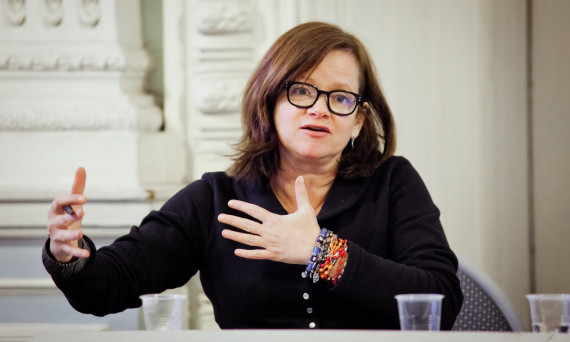Being a hegemonic doctrine in the world politics, “democracy” does several things at the same time: it legitimizes the status quo of parliamentary republic, allows for imperialist interventions of NATO and US into affairs of periphery countries, and eventually provokes movements for “real” democracy, such as the global wave of protests in 2011-2012. However, as this wave of protests (including the US “Occupy” and the Russian “Fair election” movement) has shown, the grassroots democratic movement increasingly finds its limitation at the level of nation state. The national interpretation of democracy allows the existing entrenched elites to highjack some of these movements and to stop the regional internationalist movement (such as the one potentially developing in the Arab world). The movements in the European Union, being in part anti-European, only in a slow and difficult way produce the solidarity necessary to attack the actual centers of decision-making in the EU. And in the countries of semi-periphery like Russia, the rebellious democrats represent a small minority compared to the more conservative and nationalist masses: the talk of “democracy” is here therefore highly ambiguous.
24.06.2013
Department of Political Science; Department of Sociology













